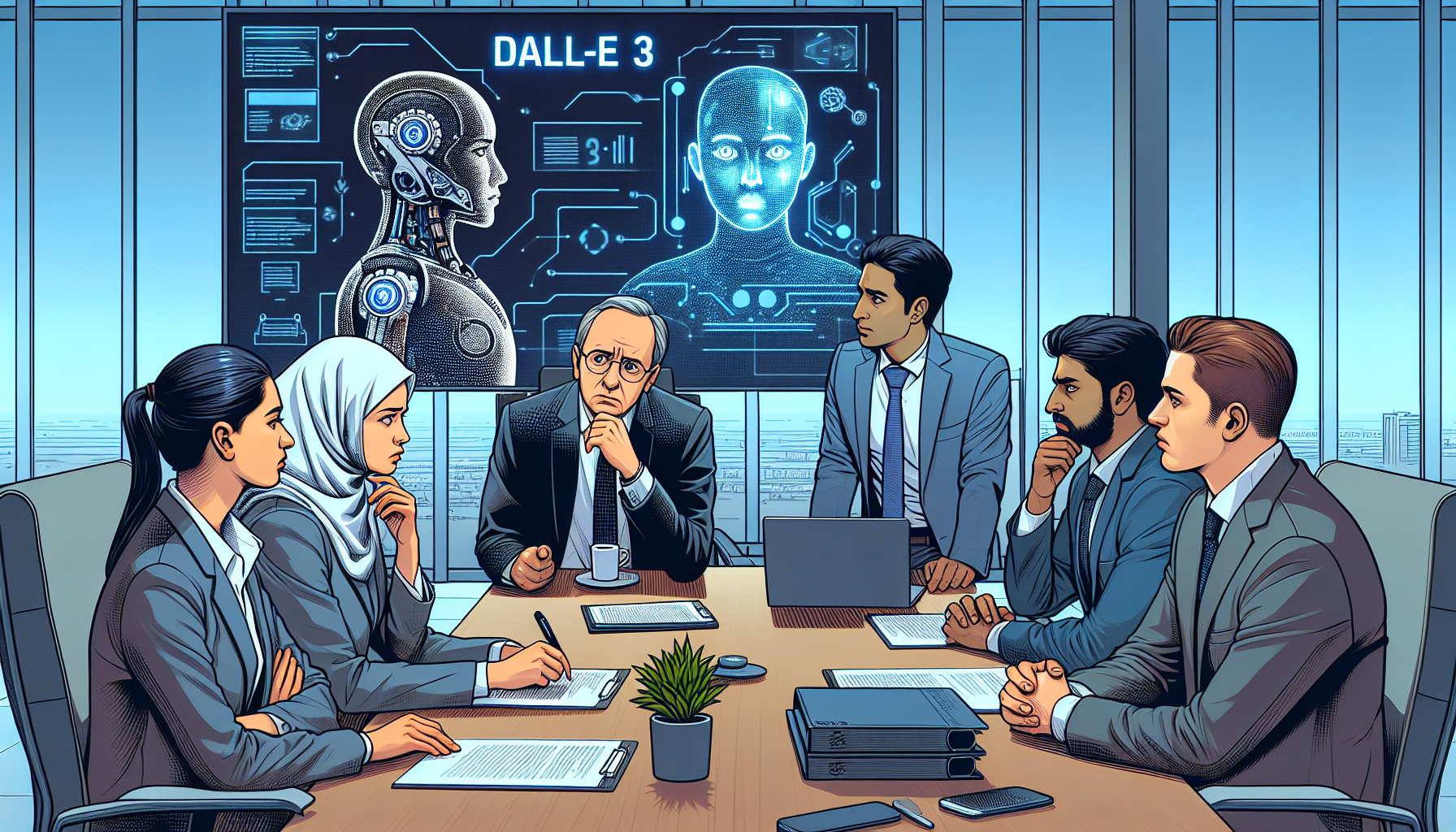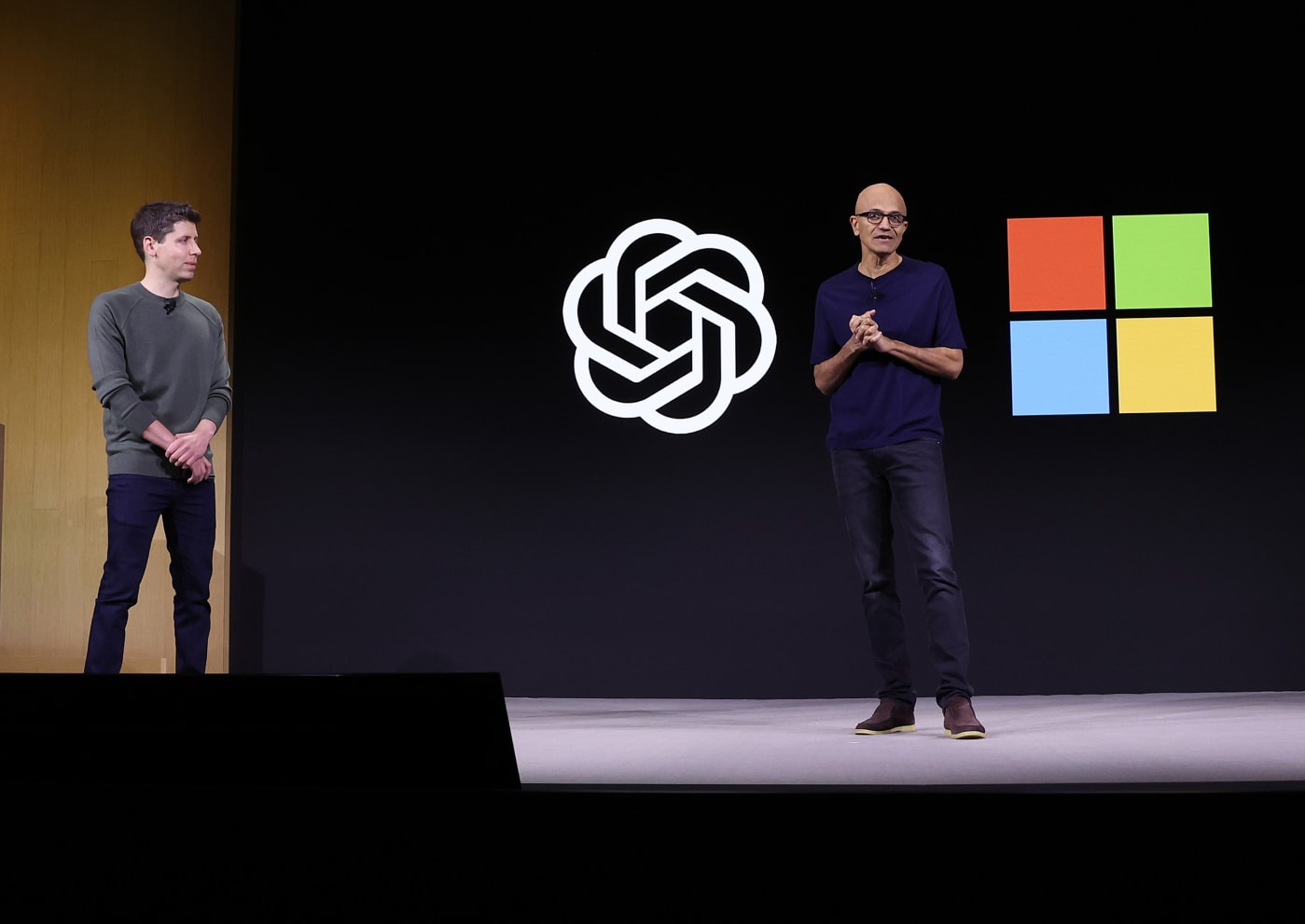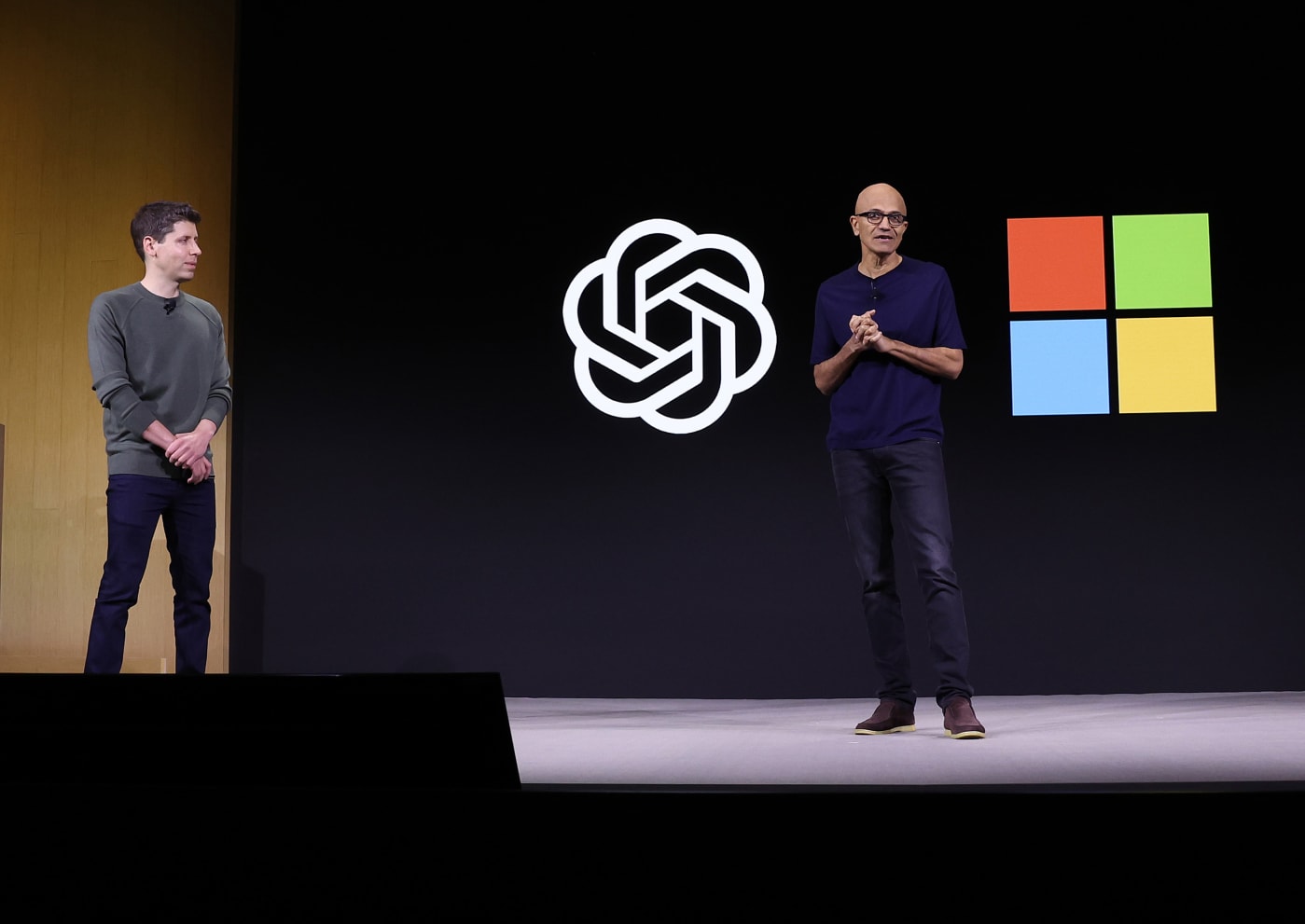
Shane Jones, a manager at Microsoft, has voiced worries about possible security weaknesses in OpenAI’s DALL-E 3 that could allow users to create violent or explicit images. This follows recent events where such images targeted celebrities, including Taylor Swift. Jones claims that Microsoft’s legal team barred him from openly revealing this weakness. He has now escalated his concerns to Capitol Hill.
Jones contends that DALL·E 3 represents a threat to public safety and should be removed from public access until OpenAI can mitigate the related risks. He conveyed his worries to US Senators Patty Murray and Maria Cantwell, Representative Adam Smith, and Washington state Attorney General Bob Ferguson.
In early December, Jones found a loophole that let him circumvent DALL-E 3’s security protocols. He informed his superiors at Microsoft, who instructed him to report the matter directly to OpenAI. After doing so, he discovered that this flaw could potentially produce violent and harmful images.
Jones tried to bring his worries to the public’s attention through a LinkedIn post, which Microsoft later asked him to delete. He obliged, but alleges he never received an in-depth justification from Microsoft’s legal team for removing the post.
In response to the claims, OpenAI stated they had looked into Jones’ report and verified that the method he revealed does not circumvent their safety mechanisms. They underscored their commitment to safety and their multifaceted approach to it.
Microsoft also replied, expressing their commitment to addressing employee worries in line with company policies. They acknowledged Jones’ efforts and advised him to use internal reporting channels for such matters. They also announced that their teams had investigated and confirmed that the methods reported by Jones did not evade their safety measures.
Jones refers to the recent occurrence of pornographic deepfakes of Taylor Swift as an illustration of what could occur if such vulnerabilities are not tackled. He calls on the US government to establish a system for reporting and monitoring specific AI vulnerabilities and to safeguard employees who raise such issues. He asserts that companies should be held responsible for the safety of their products and their duty to reveal known risks to the general public.

